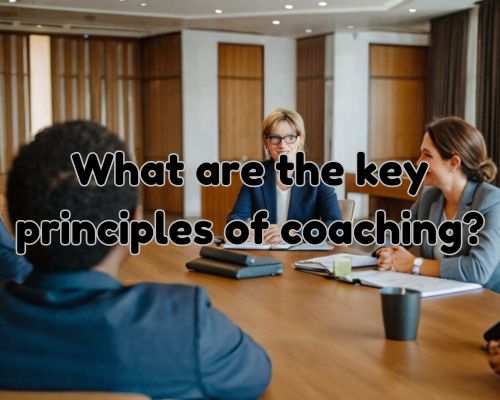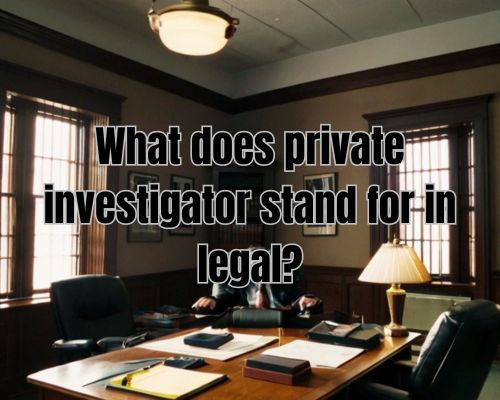Does Plumbing Include Welding?
Exploring The Overlap in Trades
When it comes to understanding the scope of plumbing, one question that often arises is whether plumbing includes welding. Plumbing does not typically involve welding. Most residential and commercial plumbing work is carried out using techniques like soldering or connecting pipes with compression fittings and threaded connections.

However, there are instances in specialised fields where plumbing and welding intersect. This is most commonly seen in pipe welding, also known as pipe fabrication, where plumbers might need to join metal pipes using welding techniques. This task usually falls under the duties of a pipefitter, a more advanced profession within plumbing that requires additional skills and training.
In your journey to become a skilled tradesperson, it’s crucial to recognise the distinct skill sets that plumbers and welders possess. While plumbers like Dean Owens from Plumber Warragul focus on water supply, drainage, and gas lines, welders concentrate on metal fabrication and construction. Understanding these roles can help you make a well-informed decision if you’re considering a career in either field.
Understanding the Plumbing Trade
In the plumbing trade, you’ll work with various systems that supply water, gas, and drainage. You’ll require specialised skills and materials to ensure precision and safety in installation, repair, and maintenance tasks.
Key Plumbing Materials and Tools
Plumbers utilise a diverse range of materials and tools to complete their work. Common materials include copper, galvanised steel, PVC, and PEX pipes. Each has specific properties suitable for different applications like water supply and gas lines.
Essential tools in the trade are pipe wrenches, pliers, soldering equipment, and caulking guns. These tools enable plumbers to cut, bend, and join pipes with precision. Having the right tools and materials is crucial for efficient and safe plumbing work.
Plumbing Systems Installation and Repair
Installing and repairing plumbing systems involves creating networks for water supply, gas lines, and drainage. Plumbers like Dean Owens from Plumber Warragul, install fixtures such as taps, toilets, and water heaters, ensuring they function correctly and meet safety standards.
They also diagnose issues like leaks or blockages and perform necessary repairs. This may require techniques like soldering, pipe fitting, and caulking. The ability to interpret blueprints and follow regulations is essential for accurate installation and repair work.
Specialised Plumbing Skills
To excel in plumbing, you need specialised skills developed through experience and potentially an apprenticeship. These skills include pipe fitting, soldering, and knowledge of different materials like copper and steel. Precision is critical, especially when working with gas lines and water supply systems.
Additional skills include problem-solving for diagnosing issues and performing maintenance. Familiarity with the latest tools and equipment is also necessary to keep up with industry standards. Your expertise ensures the integrity and safety of plumbing systems.
Role of Welding in Plumbing
Welding plays a specialised role in plumbing, particularly for specific types of pipes and connections that require durable and leak-proof seals. Though not as commonly used as soldering or other joining methods in standard plumbing, welding remains an essential technique in certain plumbing applications.
Welding Techniques and Their Applications
Arc Welding: Plumbers use this technique to join various metal pipes, especially in industrial and commercial settings. It uses an electric arc to melt the base metals, ensuring a strong, durable bond.
MIG Welding: This technique is favoured for its speed and ease. It’s perfect for welding non-ferrous pipes like aluminium, which are sometimes used in plumbing projects involving specialised applications such as chemical transport.
TIG Welding: Known for its precision, this technique is ideal for stainless steel pipes often found in environments requiring high hygiene standards, like food manufacturing.
Plumbing Components that Require Welding
Certain plumbing components and settings necessitate welding for optimal performance and longevity.
Pipe Seams and Joints: Welding ensures extremely strong, leak-proof seams, especially crucial in high-pressure systems.
Valves and Flanges: These components often require welding to securely attach to the pipes, maintaining system integrity under high pressure or temperature conditions.
Gas Lines: Due to safety requirements, welding is often used to join gas pipes, providing a reliable and durable connection that minimises risks of leaks.
Necessary Welding Skills for Plumbers
Acquiring welding skills makes you more versatile and valuable in more complex plumbing projects.
Technical Proficiency: Understanding and executing various welding techniques is essential. You should also be able to read technical drawings and project requirements accurately.
Precision and Accuracy: High levels of precision are required, especially when working with materials like stainless steel. Mastery of these skills is often validated by certifications from authorities such as the American Welding Society (AWS).
Use of Equipment: You must be familiar with welding equipment, safety gear, and maintenance practices. This ensures the quality of the welds, as well as the safety of the welder and the longevity of the equipment used.










